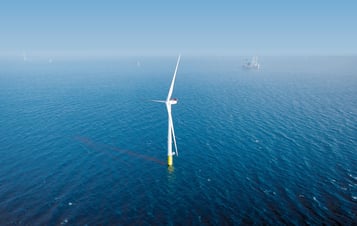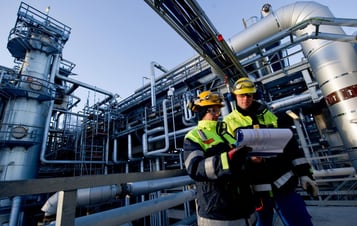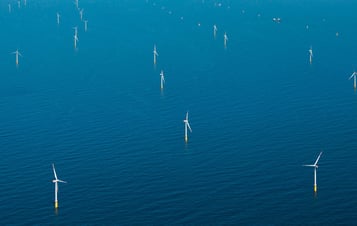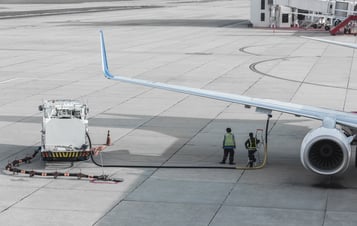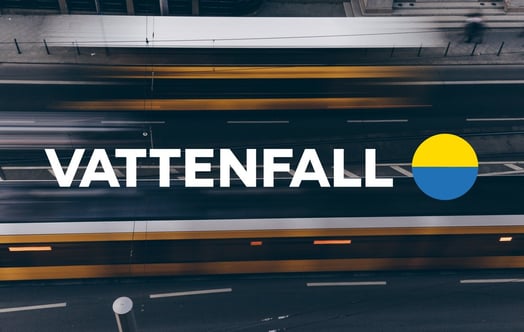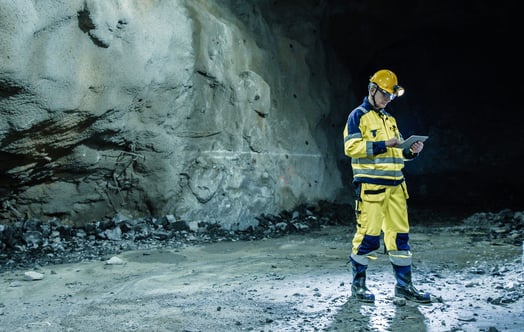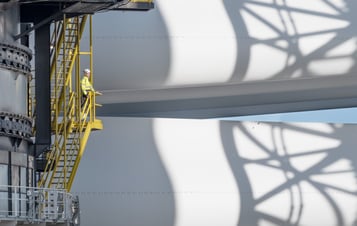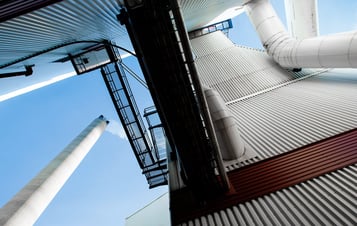Electrification for decarbonisation of industry
Vattenfall collaborates with industry through strategic partnerships and Power Purchase Agreements to contribute to global climate goals.
Striking a balance between economic growth, social progress and climate change
The challenge of climate change is no longer just a warning; it is a present-day reality. Meanwhile, the demand for materials, goods and services that account for the largest proportion of CO2 emissions continues to rise. However, positive progress is being made. For example, Vattenfall is forming strategic partnerships with other sectors and businesses, and provides long-term Power Purchase Agreements (PPAs) for industry partners in all our markets, to contribute to global climate goals.
For Vattenfall it is clear that no one succeeds alone. Collaboration with leading industrial players is key to replacing fossil fuels with fossil-free electricity, hydrogen and heat, while ensuring competitiveness and affordability for our customers.
The broader picture
Today, we are living in a paradox. Although humanity has made significant advances in health, technology and infrastructure, we are facing mounting pressure from climate change, resource depletion and inequality. The world's population is steadily increasing and is expected to reach around 10 billion by the 2050s.
Additionally, people across the globe continue to move to cities, accelerating the demand for housing and transport infrastructure such as railways and electric car charging networks. It is also leading to greater demand for consumer electronics and food, for example. Simply put, a larger population consumes more and demands more from industries that will emit larger amounts of CO2 into the atmosphere every year.
For instance, the annual production of cement has quadrupled from 1 billion to over 4 billion tonnes since the 1990s, primarily driven by developing countries such as China and India. Over the last 15 years, demand for steel has increased by over 40% and continues to grow, particularly in emerging economies. And despite the global debate on plastics, demand has doubled every 20 years, with global production increasing from 1.5 million tonnes in 1950 to approximately 370 million tonnes per year in the first half of the 2020s.
The challenge lies not only in meeting this demand, but also in doing so without increasing the climate burden – and, eventually, even reducing it.
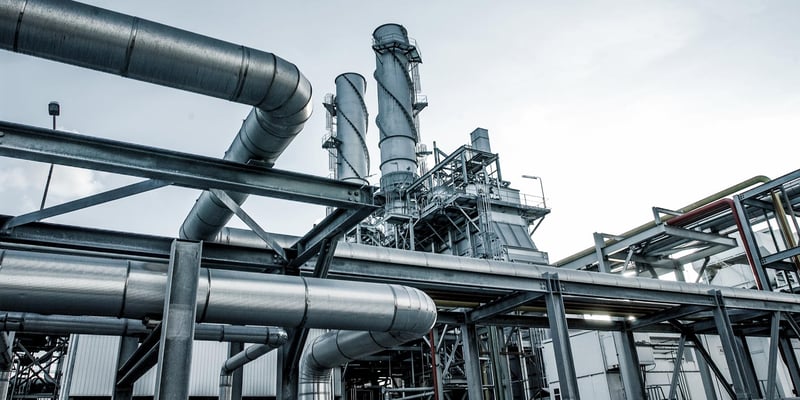
We are forming partnerships in different fields and industries to reach climate goals.
Electrification as a means to decarbonise industry and transport
Introducing circular systems and redesigning products to increase their longevity and efficiency will reduce the demand for raw materials. Electrification of industry through cross-sector innovative partnerships and PPAs is another effective way to develop breakthrough technologies and reach international climate goals, such as the Paris Agreement.
At Vattenfall, we are working to accelerate the transition to fossil freedom in sectors such as steel, chemicals, oil, cement, logistics and food. In addition to supplying fossil-free electricity or heat (for example, through long-term PPAs), direct and indirect electrification using fossil-free hydrogen are potential solutions for industry decarbonisation.
Success depends not only on the availability of fossil-free electricity or hydrogen and the development of innovative technology, but also on long-term collaboration, stable policy frameworks, competitive electricity prices and the right infrastructure, from electricity distribution networks to hydrogen pipelines. Vattenfall is committed to helping build this foundation in collaboration with customers, suppliers, and governments.
A customer’s perspective
In addition to supporting industrial customers in reducing their emissions through long-term collaborations and partnerships involving fossil-free energy solutions, Vattenfall recognises its own role as a customer. As a large consumer of steel, cement, fuels and components, we are actively working to reduce emissions in our supply chain by engaging with suppliers and supporting the development of fossil-free alternatives.
This dual perspective, as both a supplier and a customer, allows us to create an impact at both ends of the value chain. Through partnerships such as HYBRIT for fossil-free steel and projects such as Cemvision for low-carbon cement, we aim to drive the transition not only by enabling others, but also by changing how we operate ourselves.
As a founding member of the First Movers Coalition (FMC), launched at COP26 by the World Economic Forum and the U.S. State Department, Vattenfall is committed to increasing the share of emerging technologies critical to net-zero transition in our procurements.
More information about the FMC and other supply chain initiatives can be found here.



